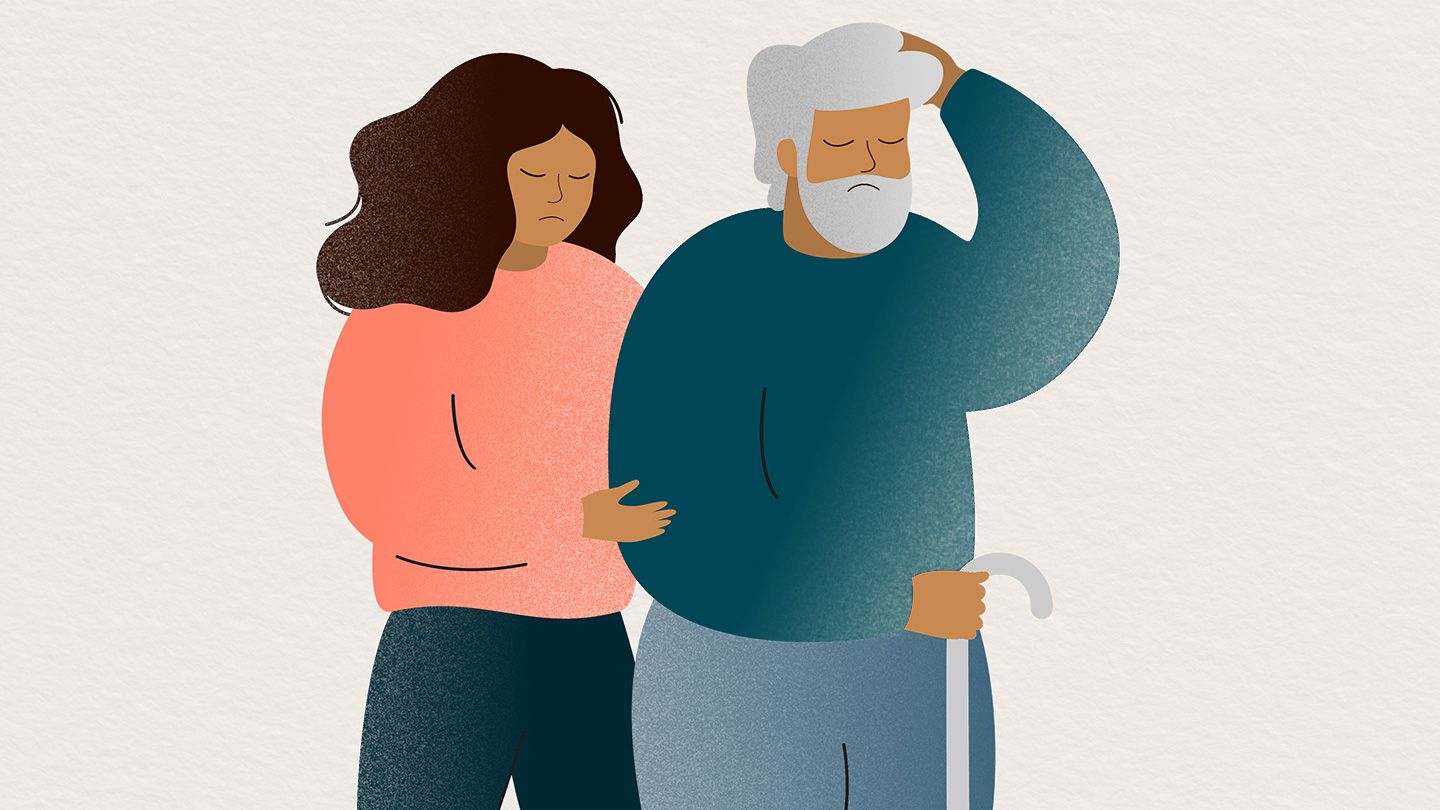Caring for a loved one can be one of the most profound expressions of compassion and devotion. Whether it’s a spouse, parent, child, or friend, providing care for someone in need is a noble and selfless act. However, amidst the dedication and responsibility, it’s easy for caregivers to neglect their own well-being.
Taking a break from caregiving isn’t just a luxury; it’s a necessity for both the caregiver and the person receiving care. Here’s why it’s crucial to prioritize self-care and occasional respite when caring for a loved one.
Preventing Caregiver Burnout

The demands of caregiving can lead to physical, emotional, and mental exhaustion, resulting in caregiver burnout. Juggling numerous responsibilities without respite can cause stress, anxiety, and resentment. Taking a break allows caregivers to recharge, reducing stress levels and maintaining overall well-being. If you are approaching burnout, you might want to consider professional respite care from a Morris Care Home in Church Stretton.
Enhancing Care Quality
Respite care isn’t just for caregivers; it benefits the care recipient, too. Caregivers ensure they can provide the best quality care possible by preventing burnout. Well-rested caregivers approach situations with patience, empathy, and creativity, resulting in positive outcomes for both parties.
Promoting Socialization

Caregiving can be isolating, but respite care provides socialization and community engagement opportunities. Caregivers can reconnect with support networks, spend time with loved ones, and engage in hobbies outside of caregiving, fostering overall well-being.
Strengthening Relationships
Respite care fosters healthier relationships between caregivers and care recipients. It allows both parties to appreciate each other more fully, maintain a balance between independence and dependence, and communicate openly about their needs and concerns in a supportive environment.
Overcoming Feelings of Guilt and Obligation
Despite its importance, many caregivers struggle to prioritize respite care due to feelings of guilt, obligation, and fear of relinquishing control. It’s crucial for caregivers to understand that self-care is not selfish; it’s essential for effective caregiving.
Fostering Personal Growth and Renewal
Respite care offers caregivers an opportunity for personal growth and renewal. Stepping away from caregiving responsibilities allows individuals to reconnect with their own interests, passions, and goals, fostering a sense of fulfillment and rejuvenation. This time for self-reflection and self-care benefits caregivers personally and enables them to return to their caregiving roles with renewed energy and perspective.
What Is Respite Care?

Respite care provides temporary relief for primary caregivers by offering professional assistance in caring for their loved ones. It can range from a few hours to several days, allowing caregivers to take breaks, attend to personal matters, or simply recharge.
During respite care, trained professionals or volunteers assist with activities of daily living, medication management, and emotional support, ensuring the well-being of the care recipient while giving caregivers much-needed time to focus on their own needs.
Respite care is a vital aspect of caregiving that nurtures the well-being of both caregivers and their loved ones. By preventing burnout, enhancing care quality, promoting socialization, strengthening relationships, and overcoming feelings of guilt and obligation, respite care ensures that caregivers can continue providing compassionate support while maintaining their health and happiness. Remember, taking care of yourself is not only beneficial for you but also for those you care for.

